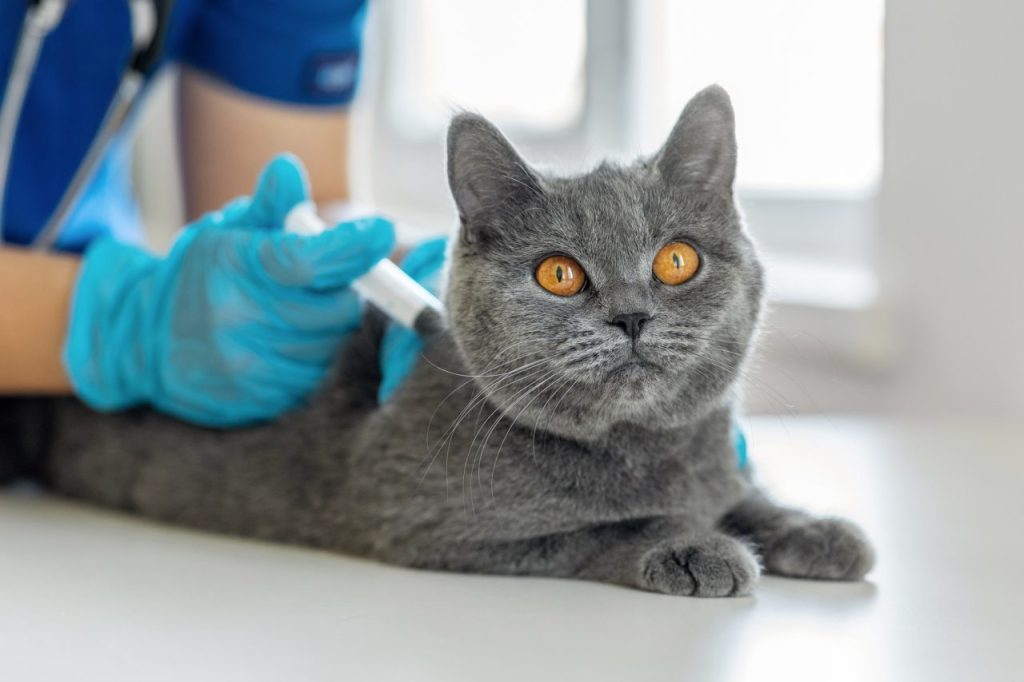As cute as your cat is, what you really don’t need is a litter of mini-me’s to take care of. Being a responsible cat parent means ensuring your feline friend doesn’t reproduce and contribute to cat overpopulation. There are approximately 600 million felines on the planet, according to Smithsonian Magazine. But spaying and neutering are…

Choosing a name for your cat is tough. It’s a decision that will stick with your four-legged friends for…








